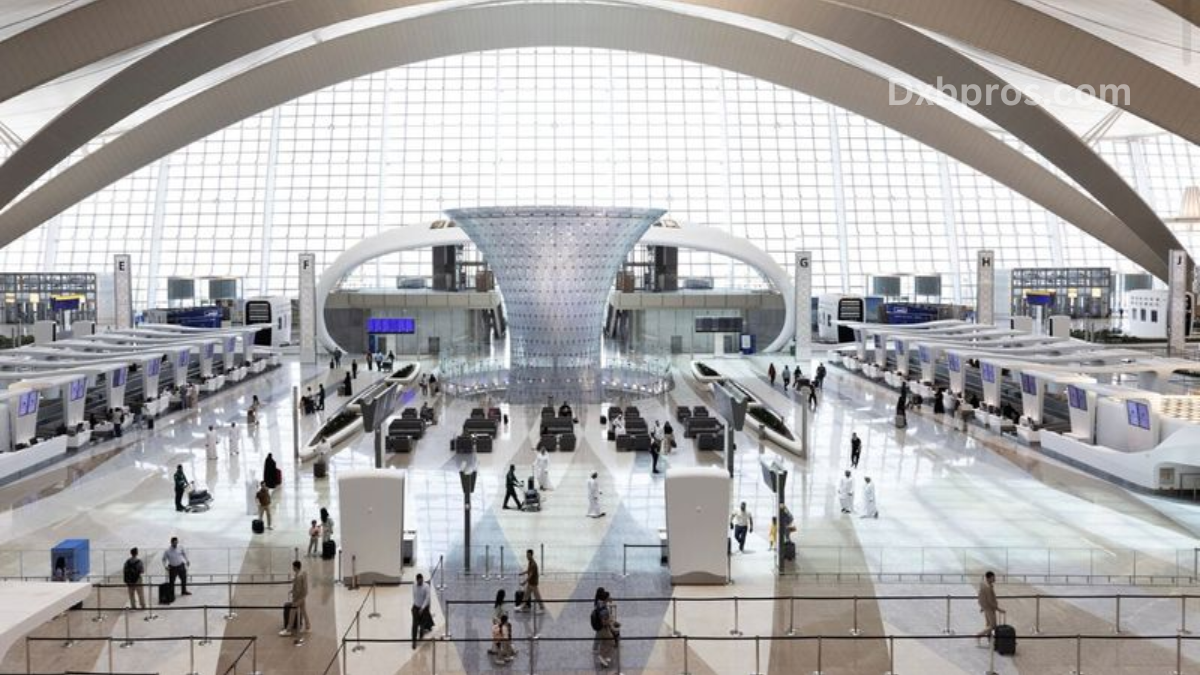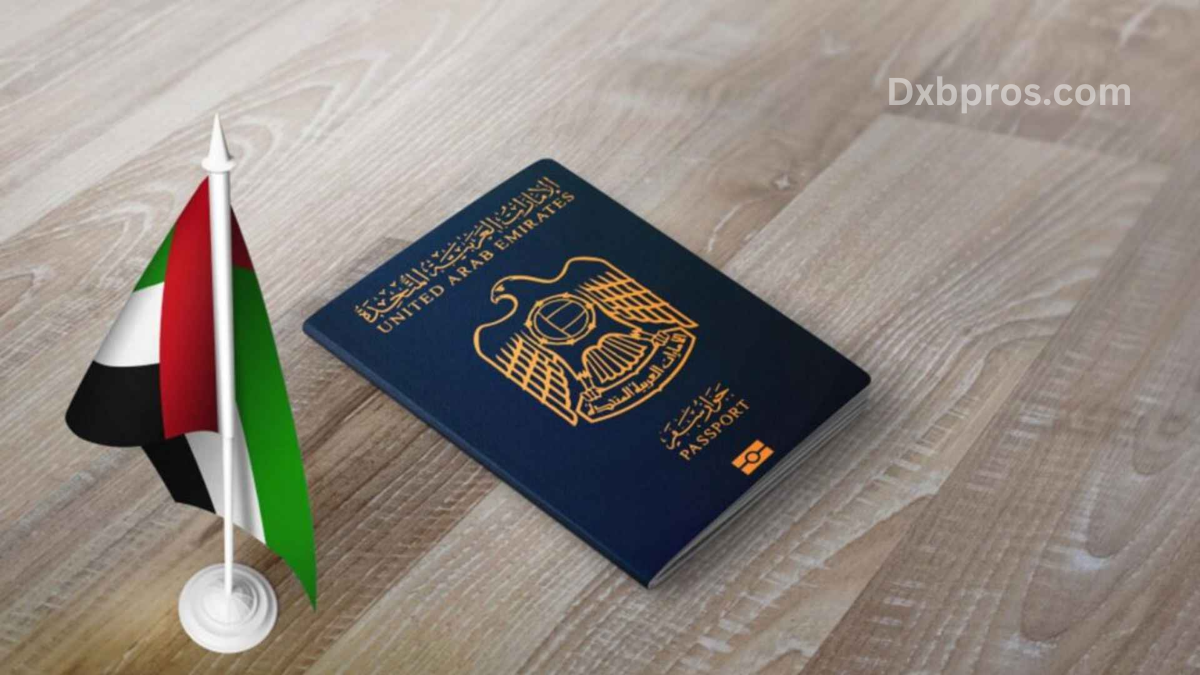Exploring the UAE Visa System: Types of Visas and Essential Insights for Dubai Residents
The UAE’s visa system is a critical component for residents, tourists, and businesses. From short-term visit visas to long-term residency options, the UAE offers a diverse range of visa types to meet various needs. Whether you’re an investor, an expat, a professional, or a family member, understanding the different visa options and the application process is essential. This guide will break down the key visa types available in the UAE, highlight their distinctions, and provide essential insights into Dubai’s visa framework.
1. Types of Visas in the UAE
Here’s a breakdown of the main visa types available in the UAE, each designed to cater to different needs:
Visit Visa
A Visit Visa is a short-term visa for tourists or individuals visiting the UAE for leisure, business, or medical reasons. These visas are typically valid for 30 or 90 days and can sometimes be extended.
- Tourist Visa: For short stays (up to 30 days), usually available for nationals from countries with a visa-on-arrival arrangement with the UAE.
- Business Visa: For business-related visits, such as attending meetings, conferences, or exhibitions. Business visitors can stay for up to 90 days, with a possible extension.
- Medical Visa: For people coming to the UAE for medical treatment. This type of visa is usually valid for 30 to 90 days.
Residence Visa
A Residence Visa allows an individual to live in the UAE for an extended period. It is typically granted based on employment, family sponsorship, or investment.
- Employment Visa: Issued to foreign workers employed by a company in the UAE. This visa is often linked to the company and can last from 1 to 3 years.
- Family Visa: Allows expatriates to sponsor family members such as spouses, children, and parents. The sponsor must meet salary requirements.
- Investor Visa: Issued to individuals who invest in a UAE business or real estate, allowing them to live and work in the country.
- Freelancer/Independent Worker Visa: A self-sponsorship option for freelancers in various sectors, including media, tech, and consulting.
Golden Visa
The Golden Visa is a long-term residency visa (up to 10 years) granted to investors, professionals, entrepreneurs, and exceptional talents in various fields like medicine, science, and technology.
- Eligibility: Investors, entrepreneurs, skilled professionals, researchers, and outstanding students are eligible for this visa.
- Benefits: Includes long-term residency for families, business owners, and key workers, plus the ability to sponsor dependents.
Student Visa
The Student Visa allows international students to study in UAE educational institutions. To be eligible, students must be enrolled in a full-time academic program.
- Duration: Usually valid for the duration of the course or academic year. It can be extended based on the course or degree program.
- Sponsorship: A university or college sponsors the student visa, and students may also apply for part-time work permits.
2. Temporary vs. Long-Term Visas: Key Differences
There are two primary categories of visas in the UAE:
Temporary Visas
These visas are typically short-term and are ideal for tourists, business travelers, and visitors seeking temporary stays. They are usually valid for 30 to 90 days and can sometimes be extended, but they don’t lead to long-term residency.
- Example: Visit visa, tourist visa, business visa.
Long-Term Visas
These visas are for individuals looking to establish a longer-term presence in the UAE. They allow for residency and work in the country for extended periods and can be renewed upon meeting the necessary requirements.
- Example: Employment visa, family visa, golden visa, investor visa, and student visa.
3. Dubai’s Visa System for Investors, Professionals, Families, and Tourists
Dubai has tailored its visa system to support its diverse population of investors, professionals, tourists, and families:
- Investors: The UAE has set up various visa categories for investors, such as the Investor Visa and the Golden Visa. These visas provide long-term residency and allow investors to start or operate businesses, while the golden visa also attracts global talent and high-net-worth individuals.
- Professionals: Professionals in various sectors, including healthcare, IT, engineering, and media, can apply for work visas or the Golden Visa to live and work in Dubai. The introduction of self-sponsorship options has made it easier for independent workers to establish themselves in the UAE.
- Families: Dubai has simplified family sponsorship through the Family Visa, enabling residents to bring their spouses, children, and even parents to live in the UAE. Meeting the minimum salary requirements is key to qualifying for sponsorship.
- Tourists: Dubai’s Tourist Visa is available for short visits and can be easily obtained online or upon arrival for nationals of many countries. The introduction of multiple-entry visas has made it more convenient for frequent visitors.
4. Insights Into the UAE’s E-Visa System
The UAE has introduced the e-visa system, streamlining the visa application process and making it easier for residents and tourists to apply for their visas online.
- How It Works: Applications for various visa types, including tourist, business, and transit visas, can be completed online via government portals like ICA and GDRFA. Applicants simply need to submit required documents, pay fees, and wait for approval.
- Benefits: The e-visa system eliminates the need to visit government offices in person, saving time and reducing paperwork.
- E-Visa for Tourists: Tourists can apply for their visa in advance or on arrival, depending on their nationality, which simplifies travel arrangements.
5. Common FAQs About Visa Validity, Grace Periods, and Renewals
Q1: How long is a UAE visa valid?
Visa validity varies depending on the type of visa:
- Tourist Visa: Typically 30 days, extendable.
- Employment and Residence Visa: Usually 1-3 years.
- Golden Visa: Valid for up to 10 years.
Q2: What happens if my visa expires?
If your visa expires, you will be subject to fines for overstaying. Overstay penalties start at AED 25 per day.
Q3: Is there a grace period after my visa expires?
Yes, the UAE provides a grace period of 30 days after your visa expires to leave the country without facing fines or penalties. However, after this grace period, you will incur fines.
Q4: Can I renew my UAE visa after it expires?
You can typically renew your visa up to 30 days after its expiry, but this will depend on the type of visa and your specific situation.
SEO-Friendly Hashtags
#UAEVisas #DubaiVisaSystem #UAEImmigration #GoldenVisaUAE #InvestorVisaDubai #FamilyVisaDubai #VisitVisaUAE #ResidenceVisaDubai #DubaiGoldenVisa #DubaiResidency #UAEVisitVisa #FreelancerVisaUAE #EmploymentVisaUAE #DubaiTouristVisa #UAEStudentVisa #UAEInvestorVisa #SelfSponsorshipVisa #UAEExpatLife #UAEFreelancerVisa #DubaiWorkVisa #UAEGracePeriod #VisaRenewalUAE #DubaiFamilyVisa #DubaiGoldenVisaBenefits #UAEeVisa #VisaApplicationUAE #UAEVisaTypes #DubaiVisaRenewal #EmiratesID #VisaExpiryUAE #VisaSponsorshipDubai


